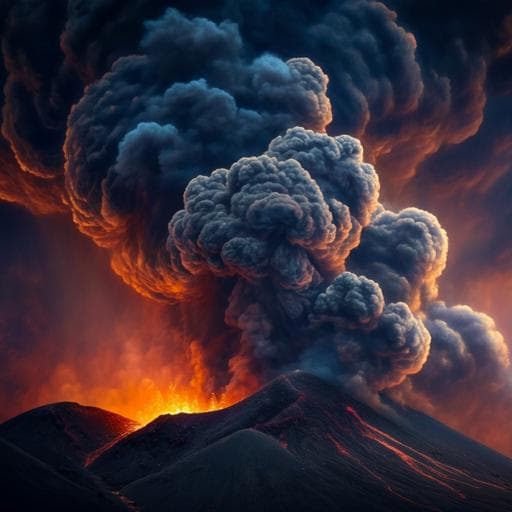
Earth Sciences
Global perturbation of stratospheric water and aerosol burden by Hunga eruption
S. Khaykin, A. Podglajen, et al.
The January 2022 Hunga Tonga volcano eruption marked a historic climatic event, injecting material 58 km into the atmosphere, increasing global stratospheric water mass by 13%, and massively amplifying aerosol load. Discover the insights from this groundbreaking research conducted by Sergey Khaykin and colleagues.
Related Publications
Explore these studies to deepen your understanding of the subject.







